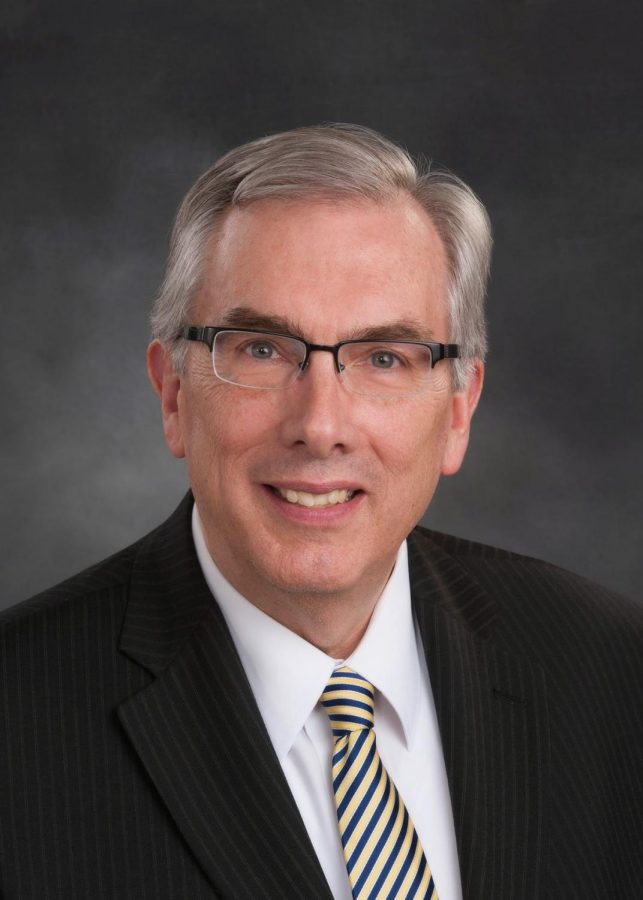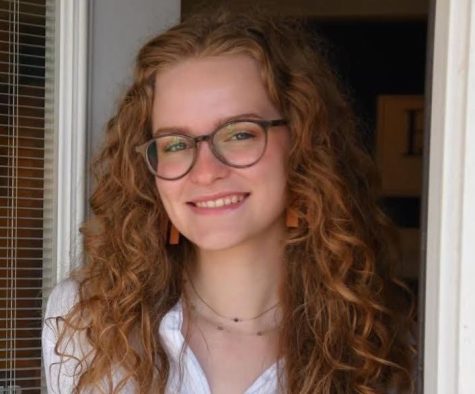President Dunn cracks down on coronavirus
August 26, 2020
University President Barry Dunn addressed the Students’ Association over Zoom during its first meeting regarding his concerns for the upcoming socially-distant semester.
The weekend prior to the Aug. 24 meeting, Dunn and many other Brookings citizens witnessed hordes of students, backpacks in tow and masks nowhere in sight, no doubt on their way to sweaty, cramped parties. This, obviously, violates the guidelines SDSU has set up to keep students safe during the largest pandemic the United States has seen in over a century.
“I drove around Friday and Saturday night and felt absolutely helpless. I was very disappointed in the behavior of a few that put us all at risk,” Dunn said.
The president confirmed that he is looking into ramifications later this week for those breaking student conduct codes and Brookings city ordinances.
“I am going to do more,” Dunn said. “I am going to do more with those young people that had that party. I am going to do more with anyone that I can identify. This is out of hand and … if this behavior continues, everyone’s going home and you’ll be in your parents’ basement for another six months.”
Along with concern Dunn has for student safety, he also understands the unprecedented times SDSU, along with every other university across the country, is in right now.
The changes to events, classes and social life on campus were not unexpected given the events of the past few months; however, students may still struggle with this new normal.
“Our whole experience this fall is not what we expected, not what we wanted, not what we had dreamed of,” Dunn said. “I ask for your understanding and patience and leadership around the changes we made to assure your safety.”
Dunn recognizes college students’ need for socialization and the enduring nature of parties, but he urges people to acknowledge the weight of their actions and how breaching social distance and mask mandates can affect more than just themselves.
We have people on this campus that are much more vulnerable, and they need to be protected,” Dunn said. “They might be a custodial worker, they might be someone working in food service, might be a professor.”
Dunn also announced new, aggressive testing procedures that the campus will be implementing within the next few weeks.
























Ken V • Aug 26, 2020 at 5:40 pm
Well, what did honestly expect? The party school to behave like polite young adults? Give me a break. Everyone knew this would happen, with maybe the exception of campus admin. All about the $$$$ grab
Brookings citizen • Aug 26, 2020 at 1:27 pm
Well, no shit Sherlock.